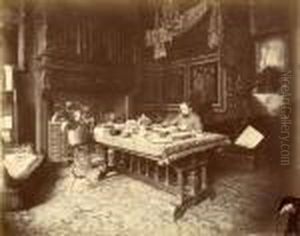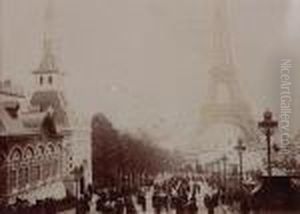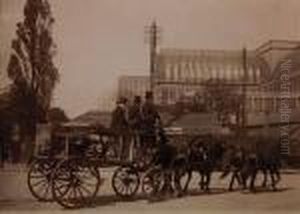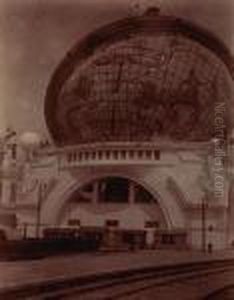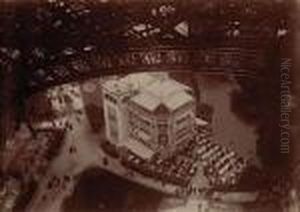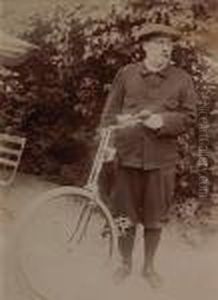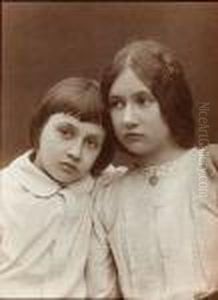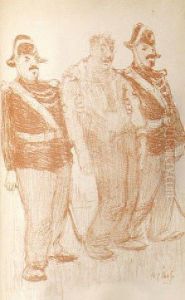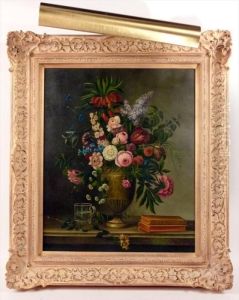Emile Zola Paintings
Émile Zola was a French novelist, playwright, journalist, the best-known practitioner of the literary school of naturalism, and an important contributor to the development of theatrical naturalism. He was a major figure in the political liberalization of France and in the exoneration of the falsely accused and convicted army officer Alfred Dreyfus, which is now known as the Dreyfus Affair.
Zola was born on April 2, 1840, in Paris, France. His early life was marked by poverty after his father's death when Zola was just seven years old. Despite the financial hardships, he was able to attend the Lycée Saint-Louis in Paris, but failed his baccalauréat exam. Zola started his career in the shipping industry, but soon turned to writing, where he found success.
His literary career took off with the publication of his novel 'Thérèse Raquin' in 1867, which was considered scandalous at the time for its gritty depiction of adultery and violence. However, it was his Rougon-Macquart series, a cycle of twenty novels about a family under the Second French Empire, that truly cemented his reputation. These novels, including classics such as 'Germinal' (1885), 'L'Assommoir' (1877), and 'Nana' (1880), dealt with issues such as poverty, sexuality, and the struggles of the working class, and are considered landmarks in the history of realism in literature.
Zola's involvement in the Dreyfus Affair began in 1894 when Captain Alfred Dreyfus, a Jewish officer in the French army, was wrongfully convicted of treason. Convinced of Dreyfus's innocence, Zola risked his career when he published an open letter to the President of France, titled 'J'accuse…!' in 1898, accusing the government and military of a major cover-up in the case. This act of bravery led to Zola's conviction for libel, and he fled to England to escape imprisonment, only to return to France after the situation cooled down.
Zola's work is characterized by his concern for social issues and his detailed depiction of the lives of his characters, often drawing from his own experiences of poverty. His contribution to literature and his role in the fight for justice have made him an esteemed figure in French cultural history.
Zola died on September 29, 1902, from carbon monoxide poisoning caused by a blocked chimney. His death was widely mourned, and he was later recognized as a major figure in French literature, with his works continuing to be read and studied to this day.
